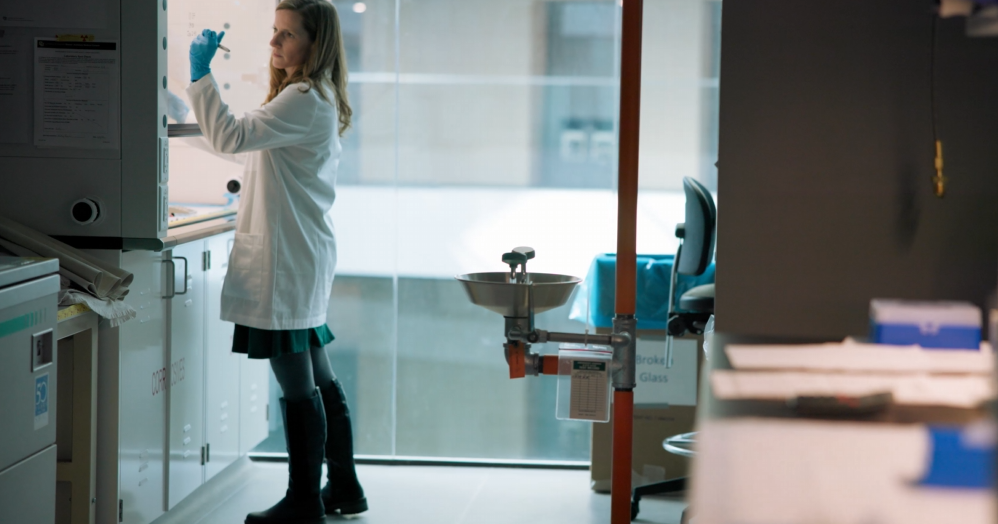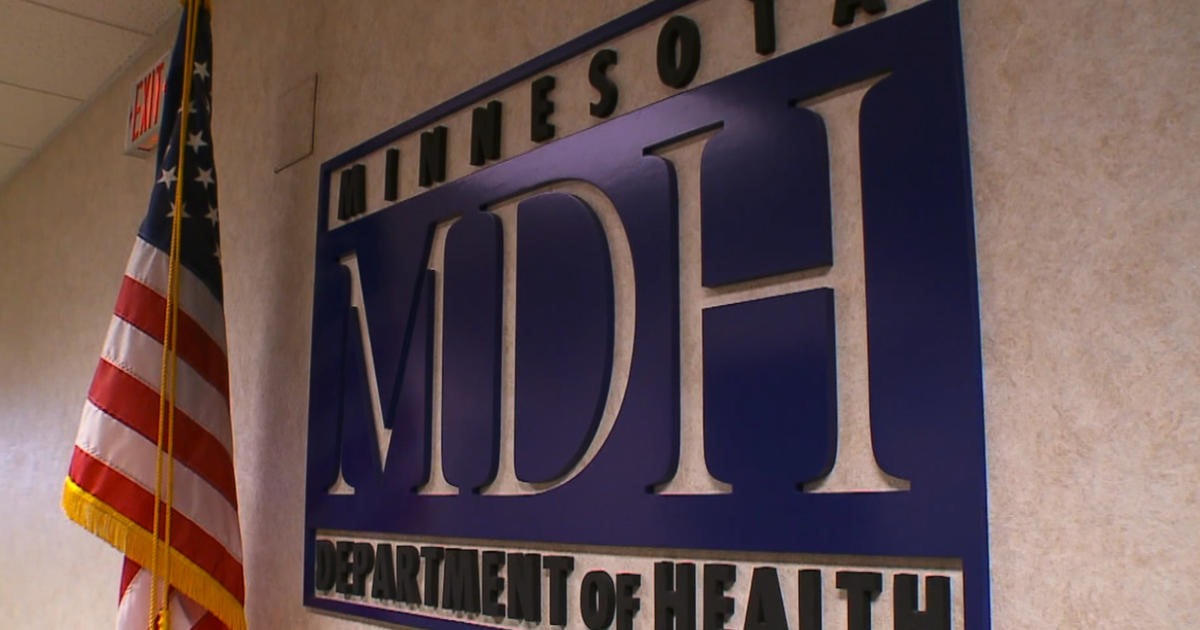Study Suggests Most Double Mastectomy Surgeries Aren't Necessary
ANN ARBOR (WWJ) - A new study suggests that most women who chose to have a double mastectomy, may not actually need it.
Researchers at the University of Michigan say recent data shows an increase in women with cancer in one breast choosing a more aggressive surgery, called contralateral prophylactic mastectomy, in which doctors also remove the unaffected breast.
Sarah Hawley, associate professor of internal medicine at the U-M Medical School, said that raises the question of potential overtreatment among these patients.
Hawley said in 7 out of 10 cases, patients lack one of the factors that would put them at high risk of developing cancer in the healthy breast: A genetic mutation linked to the disease, or a strong family history of breast or ovarian cancer.
"They're chosing to get a procedure just for peace of mind or perhaps based on some inaccuracies in terms of what [a double mastectomy] is actually going to do for them," Hawley told CBS News..
The study found that 90 percent of women who had surgery to remove both breasts reported being very worried about the cancer recurring. But, Hawley said a diagnosis of breast cancer in one breast does not increase the likelihood of breast cancer recurring in the other breast for most women.
"Women appear to be using worry over cancer recurrence to choose contralateral prophylactic mastectomy. This does not make sense, because having a non-affected breast removed will not reduce the risk of recurrence in the affected breast," Hawley said in a statement.
The study authors looked at 1,446 women who had been treated for breast cancer and who had not had a recurrence. They found that seven percent of women had surgery to remove both breasts. Among women who had a mastectomy, nearly one in five had a double mastectomy.
In addition to asking about the type of treatment, researchers asked about clinical indications for double mastectomy, including the patients' family history of breast and ovarian cancer and the results of any genetic testing.
Women with a family history of two or more immediate family members (mother, sister, daughter) with breast or ovarian cancer or with a positive genetic test for mutations in the BRCA1 or BRCA2 genes may be advised to consider having both breasts removed, because they are at high risk of a new cancer developing in the other breast. But women without these indications are very unlikely to develop a second cancer in the healthy breast.
"For women who do not have a strong family history or a genetic finding, we would argue it's probably not appropriate to get the unaffected breast removed," Hawley said.
A double mastectomy is a bigger operation that is associated with more complications and a more difficult recovery, Hawley said. Women might still need to undergo chemotherapy or radiation therapy after their surgery – treatments that are known to reduce the risk of cancer recurring – which could delay their recovery further.
The study suggests that concern about recurrence is one of the biggest factors driving the decision to have this surgery. Hawley said it's important to educate women better that a contralateral mastectomy will not reduce the risk of recurrence.
Hawley said she and her colleagues have recently received a grant from the National Cancer Institute that she hopes will enable them to develop a tool to guide women through making breast cancer treatment choices.







